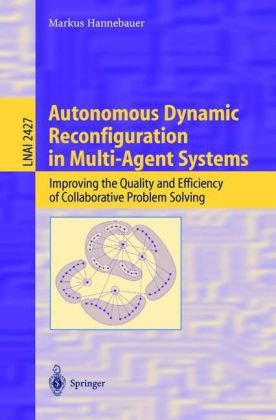

Most ebook files are in PDF format, so you can easily read them using various software such as Foxit Reader or directly on the Google Chrome browser.
Some ebook files are released by publishers in other formats such as .awz, .mobi, .epub, .fb2, etc. You may need to install specific software to read these formats on mobile/PC, such as Calibre.
Please read the tutorial at this link: https://ebookbell.com/faq
We offer FREE conversion to the popular formats you request; however, this may take some time. Therefore, right after payment, please email us, and we will try to provide the service as quickly as possible.
For some exceptional file formats or broken links (if any), please refrain from opening any disputes. Instead, email us first, and we will try to assist within a maximum of 6 hours.
EbookBell Team

4.8
34 reviewsHigh communication efforts and poor problem solving results due to restricted overview are two central issues in collaborative problem solving. This work addresses these issues by introducing the processes of agent melting and agent splitting that enable individual problem solving agents to continually and autonomously reconfigure and adapt themselves to the particular problem to be solved.
The author provides a sound theoretical foundation of collaborative problem solving itself and introduces various new design concepts and techniques to improve its quality and efficiency, such as the multi-phase agreement finding protocol for external problem solving, the composable belief-desire-intention agent architecture, and the distribution-aware constraint specification architecture for internal problem solving.
The practical relevance and applicability of the concepts and techniques provided are demonstrated by using medical appointment scheduling as a case study.